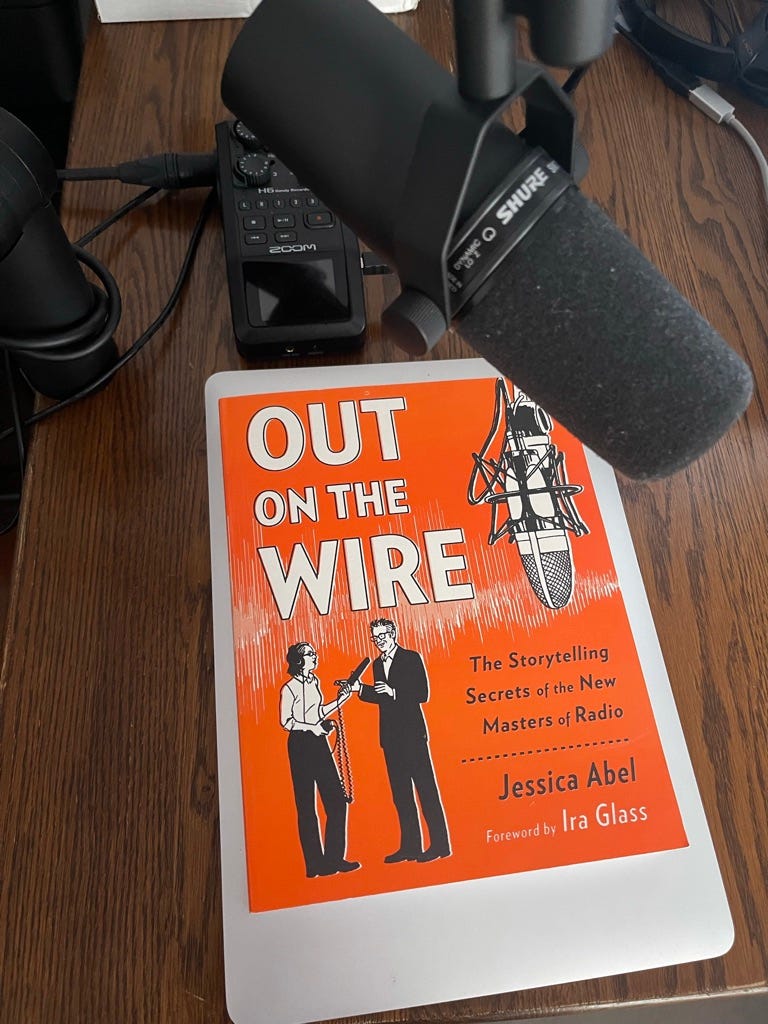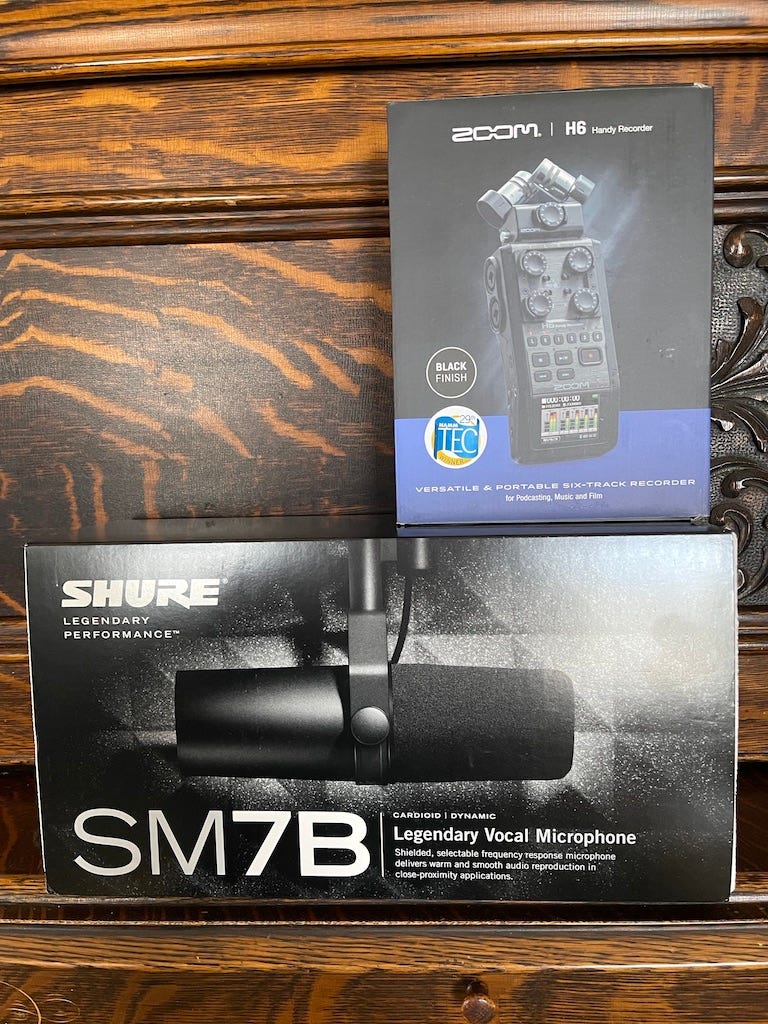Should you make a podcast for your startup?
Are podcasts the right choice for your content marketing strategy?
Today I have short, very specific advice about whether you should start a podcast for your startup.
Startup founders often want to do content marketing to bring their products to market. Experienced founders plan for content marketing from day one, and new founders start out doing direct marketing, see it barely move the needle, and then start wondering about content marketing.
One of the types of content that can be alluring is podcasts (both with and without video.) I’ve been asked multiple times by founders whether they should start a podcast, and in those conversations, I commonly hear phrases like, “Help get the word out,” and, “Grow our audience.” I’ve also personally been in this exact situation with my own businesses.
When I was in this situation the first time, I decided, yes, podcast!
I made over 100 episodes of a podcast about cloud computing called Mobycast in 2018 and 2019. When I started, it felt like a way into content marketing for my cloud computing consulting business, Kelsus, that would be more fun and and approachable than writing. It was fun! But it turned out to be about 5x more work. Really. 5x. I can often write and edit a 2000 word piece in about 4 hours, but between my Mobycast cohost Chris and I, we spent at least 20 hours a week on Mobycast—more as we grew our audience and invested in quality.
After two years of effort, Mobycast topped out at around 800 downloads per episode (compare with this 3 month old newsletter that, as of this writing, averages 1200 readers per post and has one that received over 50,000.)
So Mobycast was fun, but a big effort, and had limited audience. If that’s the only information I had, I wouldn’t be in an expert position to offer advice, but I have more.
After Mobycast, I founded a podcast hosting startup with my Mobycast cohost that we sadly shut down in early 2022. As part of it, I created a web publication at https://timber.fm.
On Timber we published the stories of successful podcasts. The single most notable thing I learned from over 50 profiles we published is that big podcast audiences almost alway start from a source outside of of the podcast itself (fame, sports success, a previously successful podcast, etc). Even people we think of as pure podcasters often started by building a blog and a social media following and then bringing their audience into a podcast.

The reason is that podcast listening is a considered decision. For example, if someone's writing comes up in a Twitter feed you might click just for the headline, then read the first few sentences, and then even the whole article if it's good. But to listen to a podcast, you'll likely need more signals of its quality—friends talking about how good it is, someone you’re a superfan of as a guest, etc.
To state the obvious conclusion, if you don’t already have an audience, staring a podcast won’t help you get one without significant effort. If you do start a podcast, three months from now you’ll be asking in forums and googling about how to build an audience, and you might even come across articles we published!
For people that want to make podcasts does this mean you shouldn't? No! Make a podcast. Just be prepared that it will be a high level of effort to make a good one, and there will likely be a lengthy time period where it feels like no one is listening.
For founders, it's an important decision because putting that effort into creating and growing your podcast may not be the best use of time. You’re supposed to be building your company, and you might realize you’re spending all your time marketing your podcast. Plus, to peer a little deeper down the rabbit hole, your podcast could be full of nothing but calls to action, but because of the way podcast analytics work, you’ll have no idea whether they’re actually bringing in new customers. I don’t want this to be a post on the limitations of podcast analytics, though, so feel free to hit me up if you want more detail one what I mean by this.
Once you have an audience and some core customers, then it’s a better time to consider starting a podcast. When you already have fans, podcasts are the best medium to let them in the door to get to know the real you.
At that point the people that already love what you’re doing will share your podcast widely as evidence of how great you and your company are.
Please let me know whether this was helpful. I’m not sure whether you would like me to do more storytelling like I have been doing or whether you’d like quick hit startup advice like this. If it was helpful, I would like you to share it with someone.
And if you found this randomly on the internet, please subscribe and let me play a game of unsubscribe chicken with you for the next few posts.
Thanks and see you next week!
—Jon Christensen


